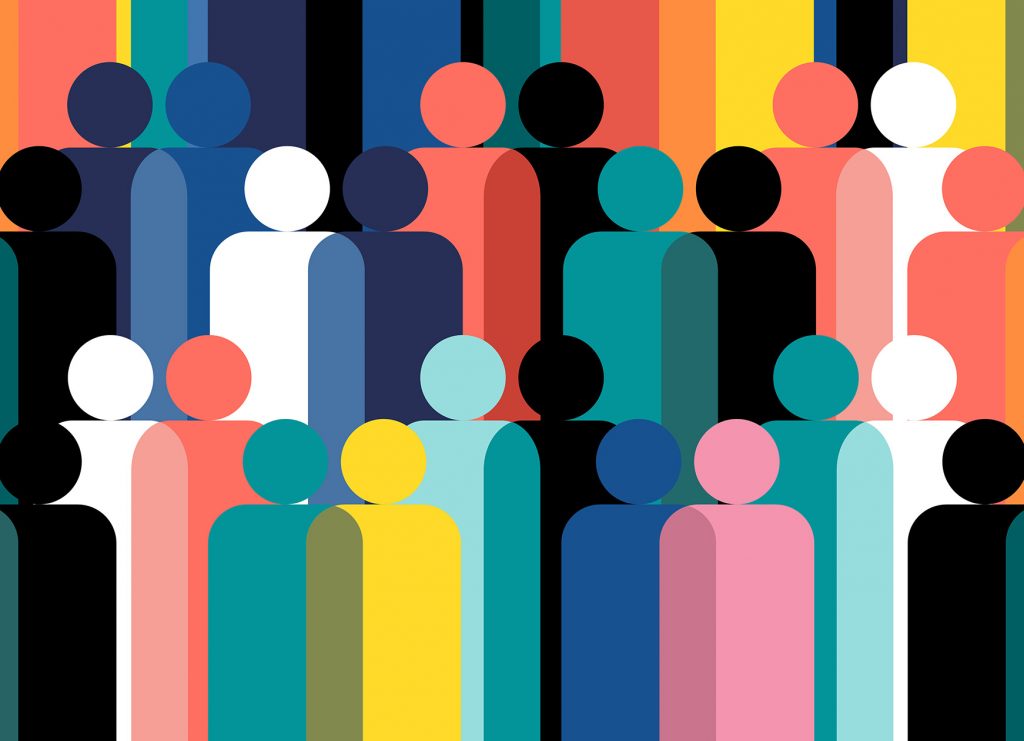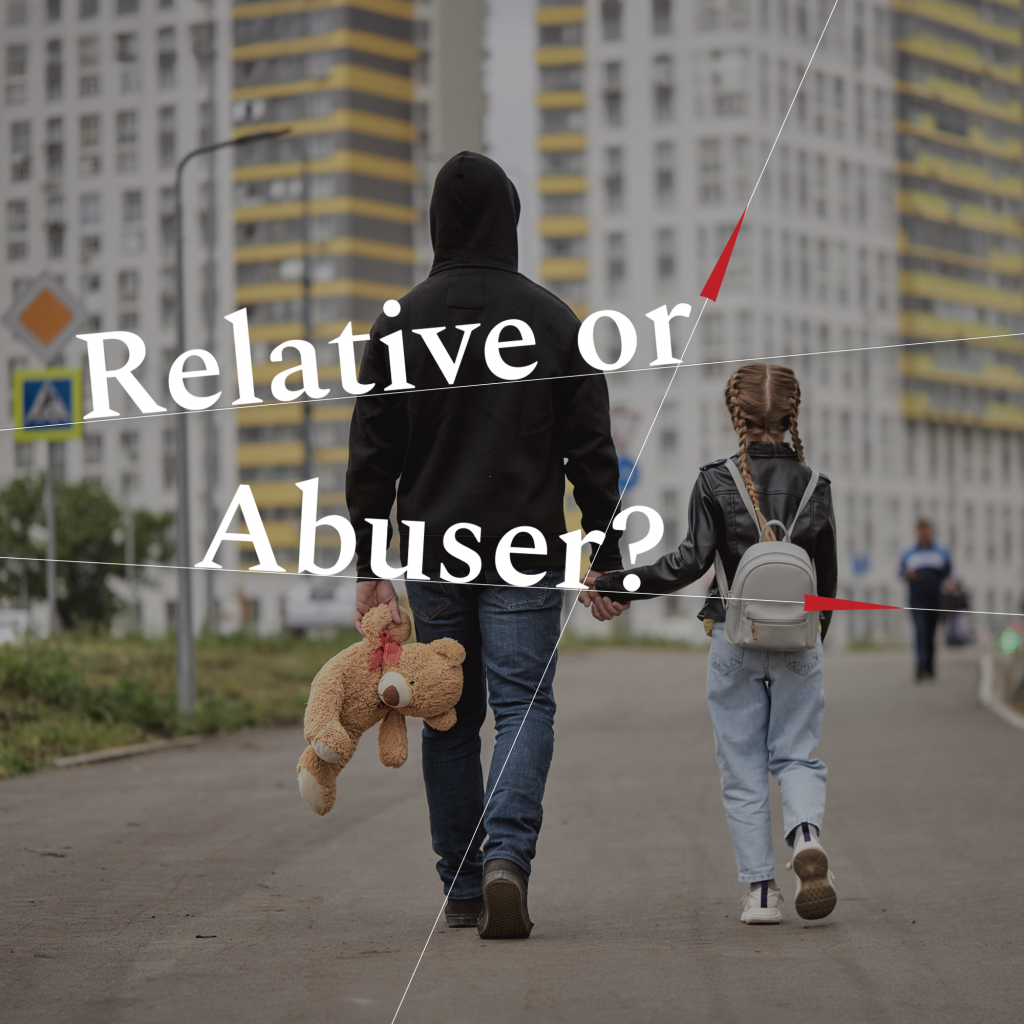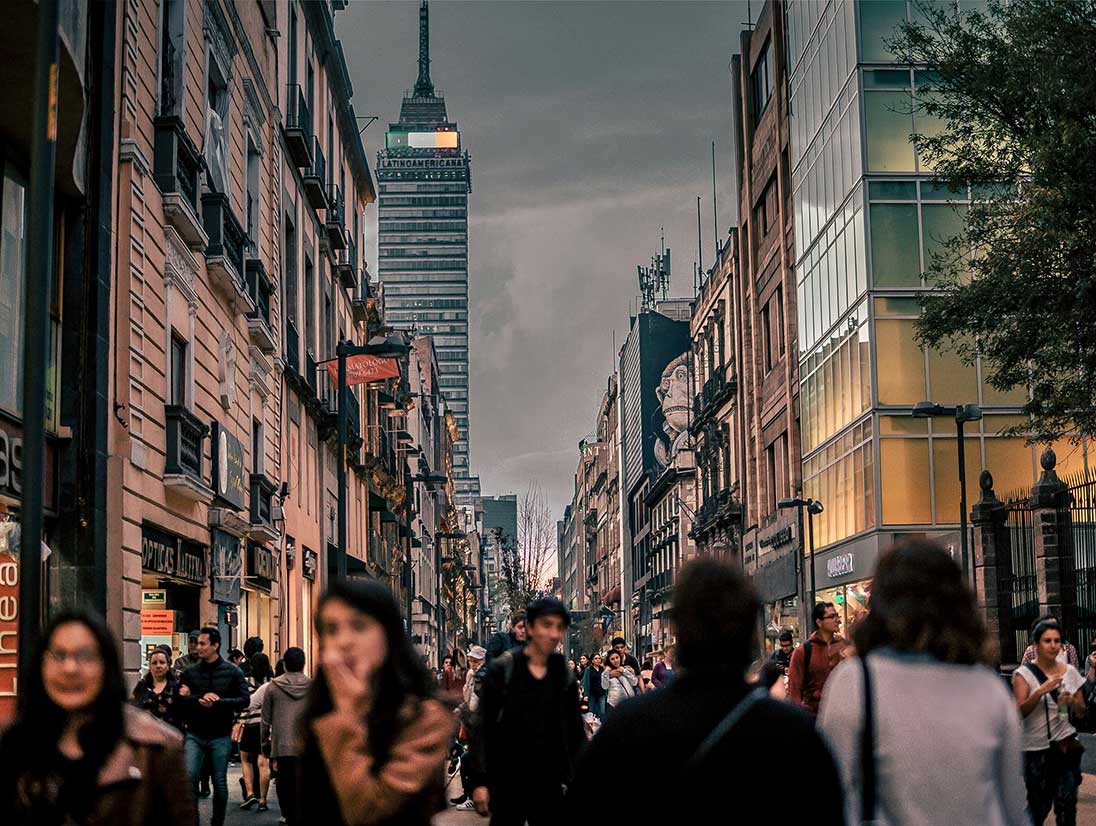Can COVID-19 help the fight against Modern Slavery?
Coronavirus has dramatically challenged every aspect of our lives. In many cases, it jeopardized the very livelihood of thousands of people and made them more vulnerable. For many businesses, including criminal organizations, the pandemic translated into a shift towards the digital space where they can attract new customers and, in the case of exploiters, new victims. Behind this threat, however, lies a unique opportunity to prevent and spot modern slavery cases as criminals leave their digital footprints behind.
Experts warn of a spike in human trafficking risks due to COVID-19
Modern slavery experts, NGOs, government agencies and international organizations worldwide have been warning about the risks brought by COVID-19 and called for action.
Valiant Richey, OSCE Special Representative and Co-ordinator for Combating Trafficking in Human Beings, alerted governments that without urgent and targeted actions, “vulnerabilities will compound in the weeks and months to come”.
On May 21st 2020, the United Nations Office on Drugs and Crime (UNODC) issued a report saying that “sharp increase in unemployment rates due to COVID19 is likely to increase Human Trafficking from countries particularly affected by an economic downturn towards destinations that suffered less and recovered faster”.
A similar warn came a few weeks before from Dame Sara Thornton, the UK Independent Anti-Slavery Commissioner, who affirmed that traffickers could capitalise on “a sudden rush to recruit [low-paid workers] into hospitality”. She also expressed concern about the wellbeing and whereabouts of debt-bondage victims working in informal sectors, such as car washes and nail bars.
Global charities warnings are no less concerning. Girls Not Brides are reporting that coronavirus could expose 4 million girls to the risk of child marriage. In northern Ethiopia only, more than 500 girls have been rescued from child marriage since schools were shut in mid-March due to coronavirus.
But it gets worse.
Human traffickers expand their online operations during COVID-19
Just like businesses have embraced the process of digitalization and expanded their online operations to secure their survival, so have human traffickers.
Cybersex trafficking has increased dramatically during the lockdown. The UK’s National Crime Agency (NCA) and Europol warned of an increase in online child abuse, from grooming to live-streams directed by abusers worldwide.
The NCA also alerted that more and more out-of-school children may be recruited online to sell drugs across Britain as the country prepare to lift the restrictions.
In Thailand, government officials reported a rise in online recruitment scams, particularly on Facebook and Line, a chat app. But not all the cases are scams, and many involve human trafficking.
The silver lining is that, willingly or not, online transactions leave traces. And where’s data, there’s an opportunity.
Cross-sector collaboration to uncover online modern slavery cases
Criminal organizations have the unique advantage of being able to adapt quickly to changes. They don’t have to abide by stifling red tape and have money to invest. A luxury that many banks don’t necessarily have. In fact, several analysts raised concerns over AML (anti-money laundering) departments ability to quickly adapt during the lockdown and to adjust their methodologies and technologies quickly enough to catch criminal activity.
But here’s the key: money.
The data connected to criminal money is everywhere, hidden in our banks systems as well as in the dark market, where many crypto transactions happen.
On May 17th, the Anti-Human Trafficking Intelligence Initiative (ATII) launched the Anti-Human Trafficking Cryptocurrency Consortium (ATCC) and brought together crypto companies and law enforcement to fight human trafficking by analysing the data generated by crypto transactions.
The initiative is a great step forward in the fight against modern slavery and human trafficking (MSHT) and reiterates two points that are deeply close to the mission of our RedFlag Accelerator team.
First, collaboration between financial institutions, private companies, NGOs and law enforcement is key. As Neil Giles, Director of STOP THE TRAFFIK, said: what is needed is “ a strong understanding of what the hotspots and characteristics of human trafficking are and being able to make that available to every actor who could draw on that”. This is the core mission of the Traffik Analysis Hub – which, if you don’t know yet, we highly recommend you to visit their website.
And second: tracking money data saves people. But to do so, we must:
- bring awareness
- provide all the partners with a clear set of tools and implementable red flags that allow to identify patterns more quickly and act timely
- never make the mistake of considering human trafficking in isolation. Behind human trafficking, there is money connected to drugs, mafia, and even wildlife trafficking.
Only by doing so, we will be able to prevent human trafficking, protect potential victims and prosecute criminals.
Finally, we can accept the status quo and let exploiters make the most out of the crisis. But if you are tired of feeling helpless like we do, it’s time to catch the opportunity presented by coronavirus and join the fight against modern slavery.
If you wish to learn more about RedFlag Accelerator and how we are accelerating the search of MSHT traces in our banks’ systems, get in contact with our team.
Share this post
Written by

RedFlag Accelerator
Resources





